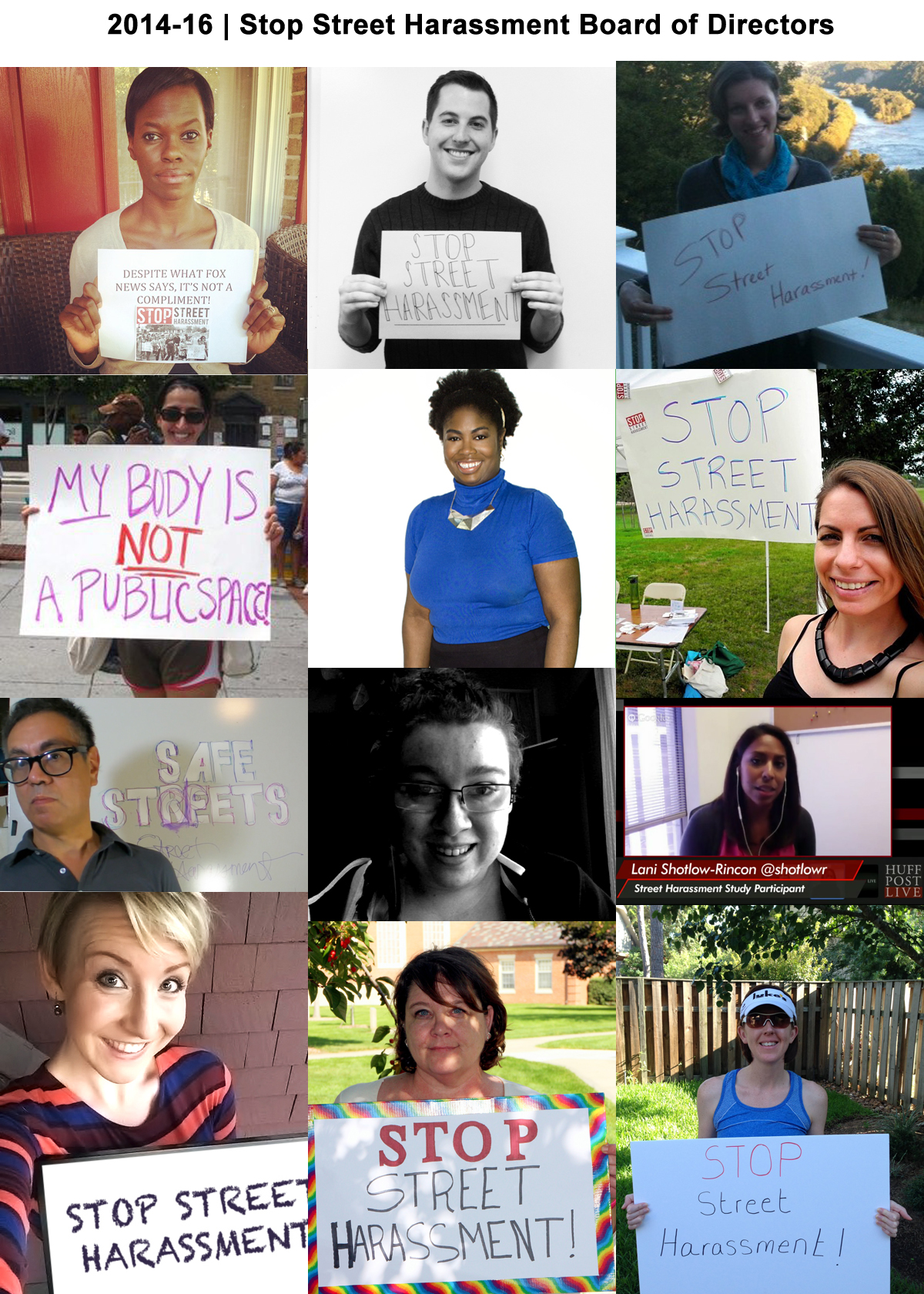Sarah Colomé , IL, USA, SSH Blog Correspondent
 The Student Nonviolent (National) Coordinating Committee’s vital work during the American Civil Rights Movement of the 1960’s, Chicago’s “We Charge Genocide” Delegation bringing issues of police violence before the United Nations in the 1950s, and the recent developments in attention to sexual assault on college campuses: Youth-led activism, advocacy, and community-building is deeply engrained in the success of several of the globe’s most well-recognized social movements, in addition to many of the less visible ones.
The Student Nonviolent (National) Coordinating Committee’s vital work during the American Civil Rights Movement of the 1960’s, Chicago’s “We Charge Genocide” Delegation bringing issues of police violence before the United Nations in the 1950s, and the recent developments in attention to sexual assault on college campuses: Youth-led activism, advocacy, and community-building is deeply engrained in the success of several of the globe’s most well-recognized social movements, in addition to many of the less visible ones.
Globally, youth are taking active steps to challenge inequality, to create the preferred world that they will someday leave behind. In Cairo, Egypt, 26-year-old Tinne Van Loon and 22-year-old Colette Guhnim are doing just that, taking strides to bring sexual harassment to the forefront, not just as an issue among Arabs or within the boundaries of Egypt, but among all nations and communities. I was lucky enough to speak with Van Loon last week about the focus, standing, and long-term goals for the team, and their forthcoming project.
Titled The People’s Girls, Van Loon and Guhnim’s upcoming documentary focuses on the realities of street harassment, and society’s apprehensive in combatting it: “Two women battle the newest epidemic in Egypt, sexual harassment. Society stands in their way. Will they succeed?”
The recently released teaser for the film gives a glimpse of what these two filmmakers hope will be soon screened across film festivals after the documentary’s anticipated release in January 2015. Guhnim outlined the focus of the documentary, explaining how the film will document three different people with varying views of, and interactions with, street harassment: Esraa, a 25-year-old Egyptian woman and activist “who challenges social norms by performing in storytelling theater pieces about sexual harassment,” Abdullah, a 28-year-old tuk tuk driver from a working class neighborhood, and a to-be-determined third participant, who the filmmakers hope will be an Egyptian lawyer working at a women’s rights organization focusing on sexual harassment. “We really need to let the women speak for themselves,” Van Loon told me.
Highlighting the power of personal narratives, Van Loon explained, “Storytelling is important to bring issues to light, and makes people care and change their mind… statistics aren’t human.” The bravery of women who walk daily through threat of harassment and assault, is only mirrored by that of the filmmakers, shining light on such a devastatingly common global struggle.
According to the recent Study on Ways and Methods to Eliminate Sexual Harassment in Egypt, sponsored by the UN Entity for Gender Equality and the Empowerment of Women, 99.3% of Egyptian women report having experienced sexual harassment, with 49.2% reporting they experience harassment on a daily basis. The People’s Girls, puts human faces on these statistics, capitalizing on Van Loon’s observation that since the 2011 revolution, “less people are denying [the frequency] of sexual harassment… activism around street harassment in Cairo is huge.”
Esraa, one of the film’s main characters, highlights her own experiences in one of her interviews, as recounted on The People’s Girls’ Facebook page:
“I got harassed since I was 6 years old. One of my relatives who was older than me by 10 years did it. He told me “let’s play a game”. I was shivering, and I refused to play. At this age I wasn’t aware of what the hell that was, but I discovered when I met him 10 years later, that while I thought that I had forgotten the story, time said no.”
While openly recognizing the problematic frequency in which women experience harassment in Egypt, the filmmakers firmly assert that the film is not meant to perpetuate a negative, or stereotypical framework of the country, or its people. “Everywhere we’ve been in the world, the United States, Latin America, Europe, South Asia, we’ve experienced various levels of sexual harassment,” said Guhnim. “This is a problem of a patriarchal society, which is unfortunately worldwide. We’ve gotten a lot of hateful comments towards Arabs and Egypt and we really want to point out that not all men are like this.”
Furthering this point, while speaking last week Vin Loon passionately stated, there is “no other place in the world I’d rather live even though Street Harassment is such an epidemic.”
Speaking specifically on what she views as the root cause of harassment, Vin Loon explained the need to shift the prevention narrative, taking issue with an approach focusing on “don’t harass this woman because there’s a man attached to her, rather than don’t harass this woman because she’s a human being.”
Breaking down concepts of patriarchy and possession, the film encapsulates the dangers of gender norms and gender roles. One interviewee in particular encroaches on this topic in the teaser stating, “I wish every father and every mother would stop saying ’you are a boy, you are a girl, you are a boy, you are a girl’ because the main problem in my opinion starts from these two sentences. “
The filmmakers hope to use the film as an advocacy tool, focusing on collaboration and highlighting the work already happening on the ground. Recognizing the global effectiveness of youth-led activism, I asked Van Loon if she noticed a similar leadership pattern in Egypt. “The activism around sexual harassment is huge in Cairo, especially since the revolution… It’s really more mainstream,” she explained, citing that while being “youth-led,” in Egypt, the term youth regularly includes people up to the age of 30 years old. “And it’s really something that we also want to show in our film, and that’s kind of the reason we wanted a global audience for the film. To show these active groups in other countries, the creative ways that Egyptians are dealing with this issue because I really think they are, very innovative…There’s over a dozen organizations working on this issue. We want to them a larger reach as well.”
The People’s Girls is anticipated to release in January 2015. If you would like to support the work of Vin Loone and Guhnim, please consider making a contribution to their Kickstarter campaign before October 4th. Solidarity starts with showing up, no matter what form that may take.
Sarah is a progress-focused educator and advocate dedicated to building strategic coalitions centered on creating social change who serves as an adjunct professor in DePaul University’s Peace, Justice and Conflict Studies department. You can follow her updates on Linkedin or hear her perspectives on Twitter.


